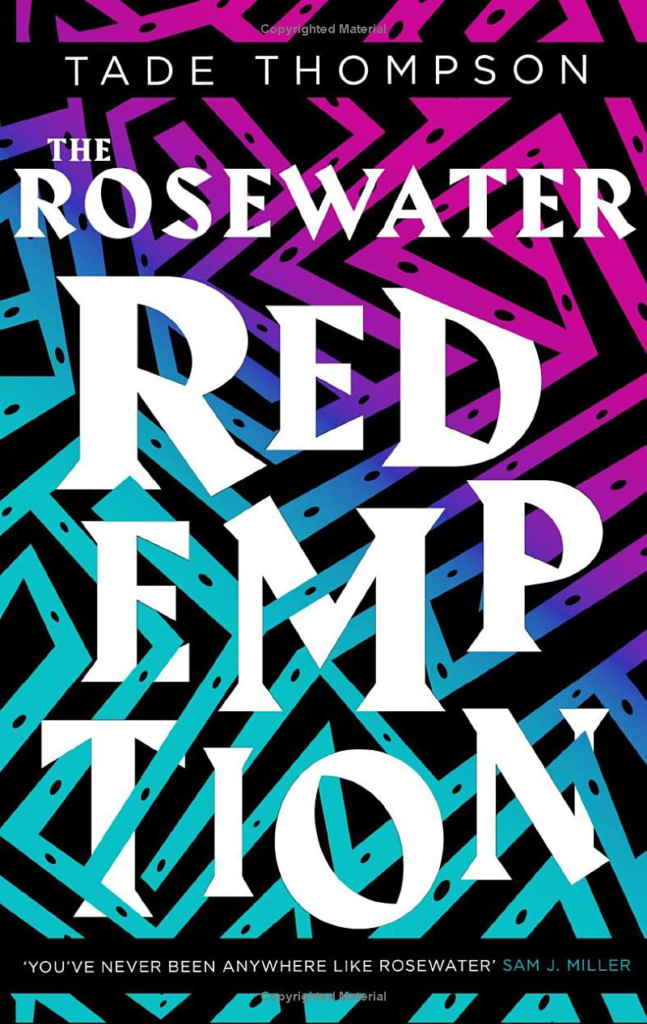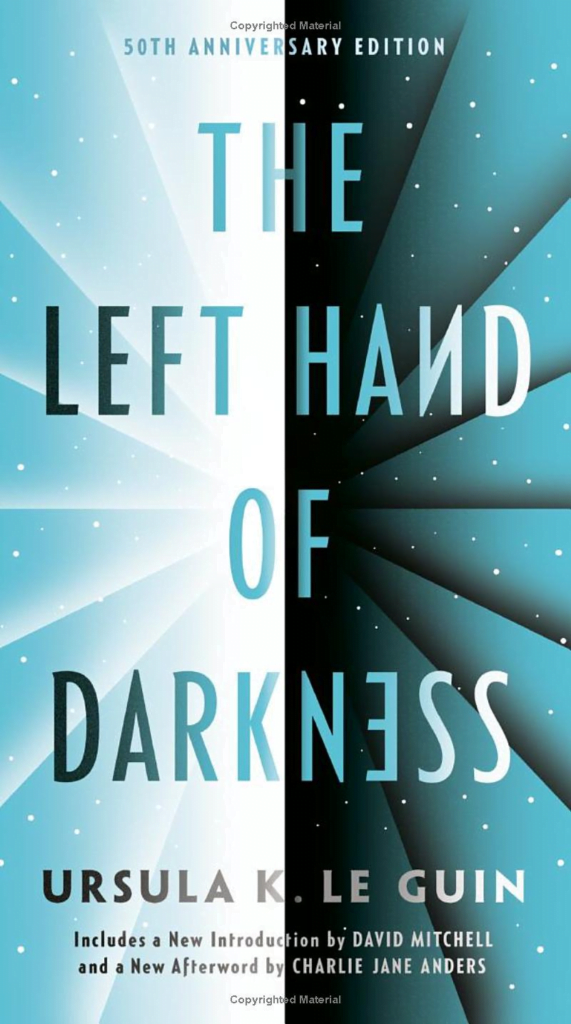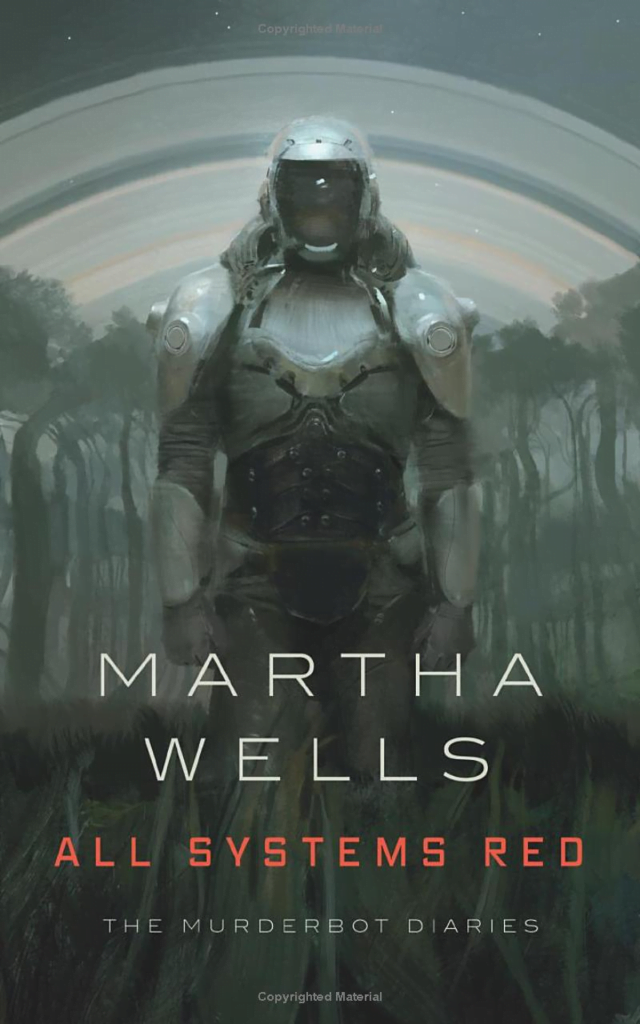1. The Broken Earth trilogy by N.K. Jemisin



A towering presence within the realm of science fiction, N.K. Jemisin boasts an extensive collection of remarkable sci-fi literature. Among her literary creations, the standout is undeniably “The Broken Earth” trilogy—a seamless fusion of science fiction and fantasy. Commencing with “The Fifth Season” in 2015 and seamlessly progressing through “The Obelisk Gate” and “The Stone Sky,” this series inaugurates itself with a portrayal of an apocalyptic conclusion, a theme that resonates throughout its entirety without respite.
Amidst its somber narrative, the series unveils a glimmer of optimism, interwoven with an abundance of imaginative elements. Jemisin’s literary prowess shines as she navigates the themes of authority, individuality, and aspiration even amidst times of adversity. An extraordinary and historic accomplishment, she clinched the Hugo Award consecutively for three years—an unprecedented achievement—securing one accolade for each installment in this enthralling series.
2. The Wormwood Trilogy by Tade Thompson



Step into the captivating universe of the Wormwood Trilogy by embarking on a journey with its inaugural book, “Rosewater.” This novel stands as the recipient of the prestigious Arthur C. Clarke Award for Best Science Fiction Novel. Published in 2016 and set in the year 2066, “Rosewater” unfolds a cyberpunk-inspired, near-future depiction of Nigeria interwoven with the enigmatic realm known as the “xenosphere.” This narrative brilliantly blurs the boundaries of both minds and literary genres.
Nestled within the heart of this innovative world is an alien biodome rumored to possess miraculous healing capabilities. This enigmatic structure beckons the ailing, who gather at its fringes, forming a settlement named Rosewater. Our guide through this intricately woven tale is Kaaro, a character endowed with telepathic abilities, rendering him an asset to the government. However, the intrigue intensifies as individuals endowed with similar powers inexplicably succumb to a baffling illness.
As the narrative unfolds, themes of extraterrestrial contact, government intrigues, and the ethereal dimensions of the paranormal weave together seamlessly, propelling readers into uncharted realms of imagination. The book’s allure lies in its ability to transport readers to unexplored territories of thought and sensation.
For enthusiasts captivated by the enigmatic world of “Rosewater,” there’s excellent news—the narrative saga perseveres through the sequels “The Rosewater Insurrection” and “The Rosewater Redemption.” Don’t miss the opportunity to delve deeper into this gripping narrative tapestry.
And that’s not all! We invite you to peruse our curated list of literary works authored by Black writers, each offering unique perspectives and gripping tales waiting to be discovered.
3. The Left Hand of Darkness by Ursula K. Le Guin

Ursula K. Le Guin proved herself as a prolific writer in the realms of both science fiction and fantasy, amassing an impressive collection of awards, including six Nebula Awards and seven Hugo Awards. Notably, her renowned work, “The Left Hand of Darkness,” published in 1969, is a significant part of the Hainish Cycle series, also known as the Novels of Ekumen. Despite sharing a universe, each installment in this series retains its individuality. In our focus on outstanding science fiction literature, we shine a light on this exceptional narrative, marking it as one of the paramount sci-fi books ever penned.
Le Guin’s literary craftsmanship extends to themes far beyond her era, particularly in fields like anthropology, philosophy, and societal contemplation. Through her profound prose, she thrusts readers into thought-provoking territories. At the heart of her narratives lies an exploration of humanity, emphasized by her vivid storytelling. Noteworthy is her portrayal of a planet where gender fluidity challenges the conventions of the 1960s, echoing in present-day gender dialogues. Notably, in a literary domain predominantly occupied by male voices, Le Guin’s prominence stands out as a remarkable achievement for female authors. For those seeking more literary works by women, we present a selection of thought-provoking feminist books.
4. All Systems Red by Martha Wells

“I had the potential to turn into a mass perpetrator subsequent to breaching my governing module, but the realization struck me that I could tap into the amalgamated stream of amusement channels transmitted via the corporate satellites,” recounts Murderbot, the charmingly sardonic and solitary cyborg protagonist within Martha Wells’s novella “All Systems Red,” published in 2017. Within the pages of this uproarious narrative, Murderbot assumes the role of a security unit aboard a scientific space voyage. Endowed with sentience, its preference leans heavily towards indulging in television rather than fulfilling its duties or enduring human interaction.
It comes as no surprise that this literary gem clinched multiple prestigious awards, including the 2018 Hugo Award for Best Novella, the 2018 Nebula Award for Best Novella, the 2018 Alex Award, and the 2018 Locus Award. Serving as the quintessential embodiment of relatability, Murderbot is bound to leave you convulsed with laughter.”